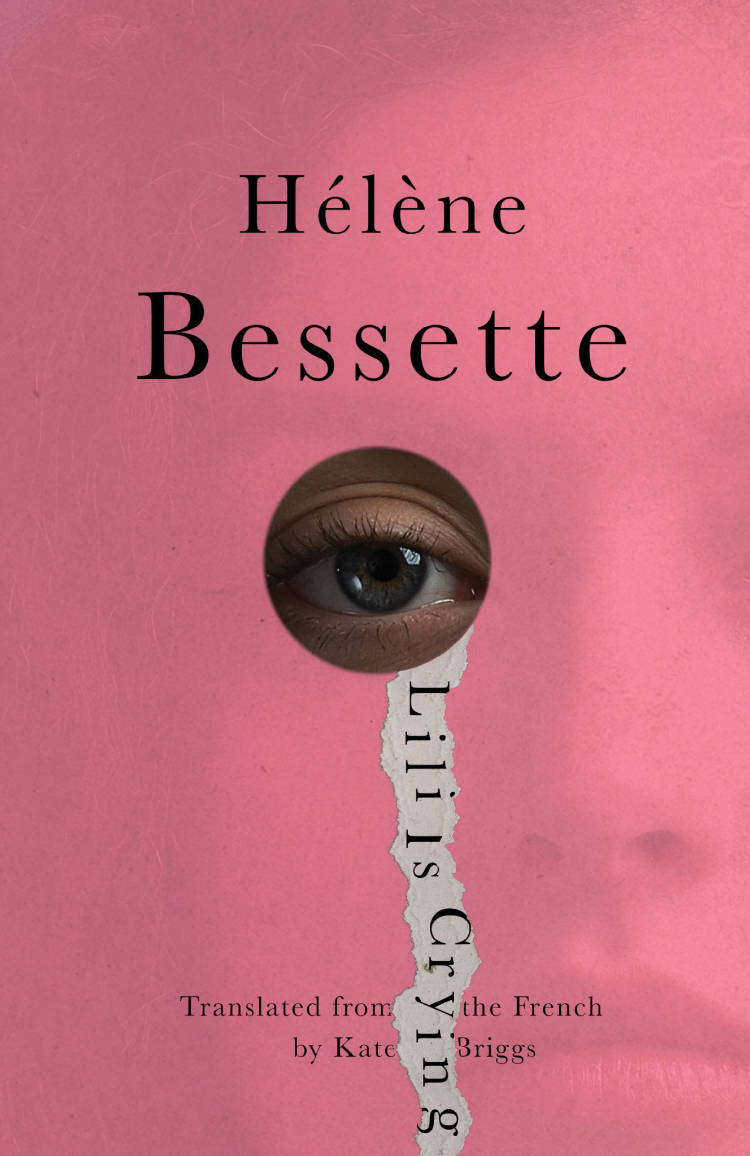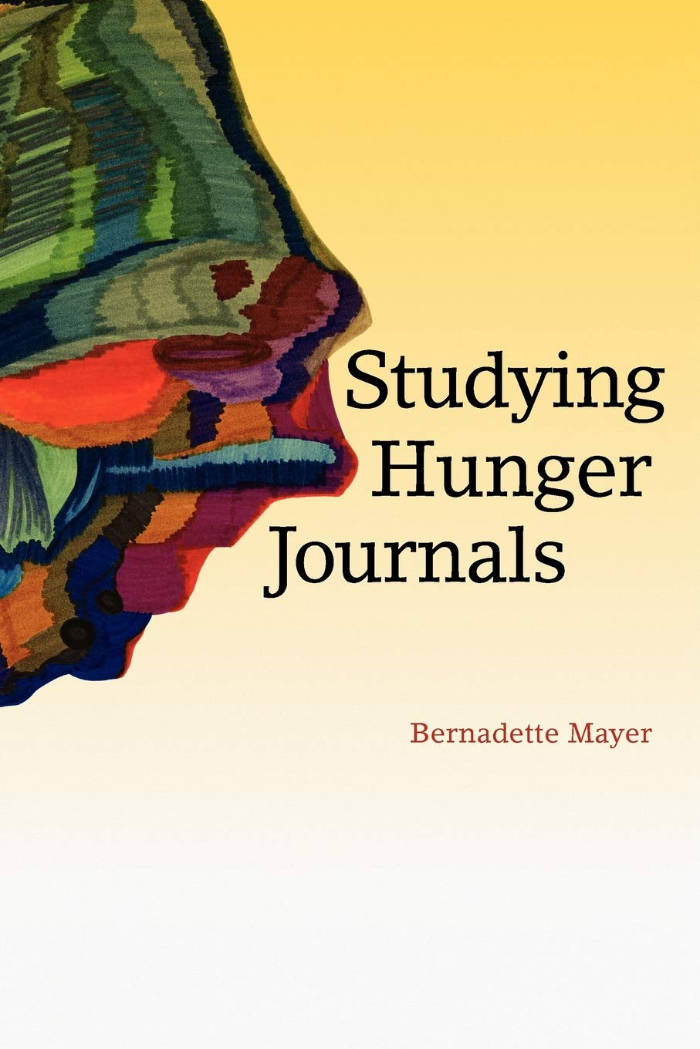
The Golden Book of Words
This landmark early book (its original printing by Angel Hair Books was 750 copies, and they are now extremely rare) by the late great Bernadette Mayer is finally available again, both as a tribute and a joy to read. Mayer was a marvelous poet in every stage of her long and prolific writing life, but many fans especially relish her restless, powerful, sexy, and erudite early work. One of her signal elements is a certain deadpan wit, on full display here with classics such as “Lookin’ Like Areas of Kansas” or “What Babies Really Do,” or the marvelous “Essay”:
I guess it’s too late to live on the farm
I guess it’s too late to move to a farm
I guess it’s too late to start farmingI guess farming
is not in the cards now...
I guess farming is really out...
I don’t want to be a farmer but my mother was right
I should never have tried to rise out of the proletariat
Unless I can convince myself as Satan argues with Eve
That we are among a proletariat of poets of all the classes
Each ill-paid and surviving on nothing
Or on as little as one needs to survive
Steadfast as any farmer and fixed as the stars
Tenants of a vision we rent out endlessly







